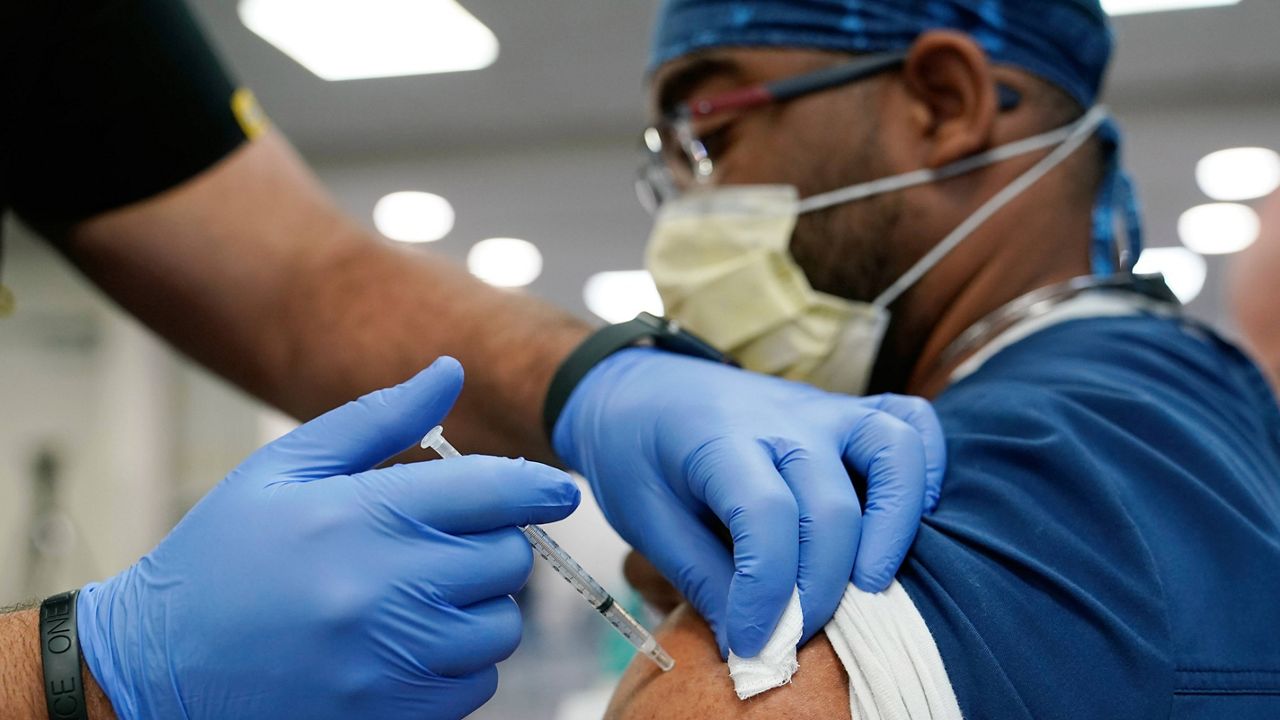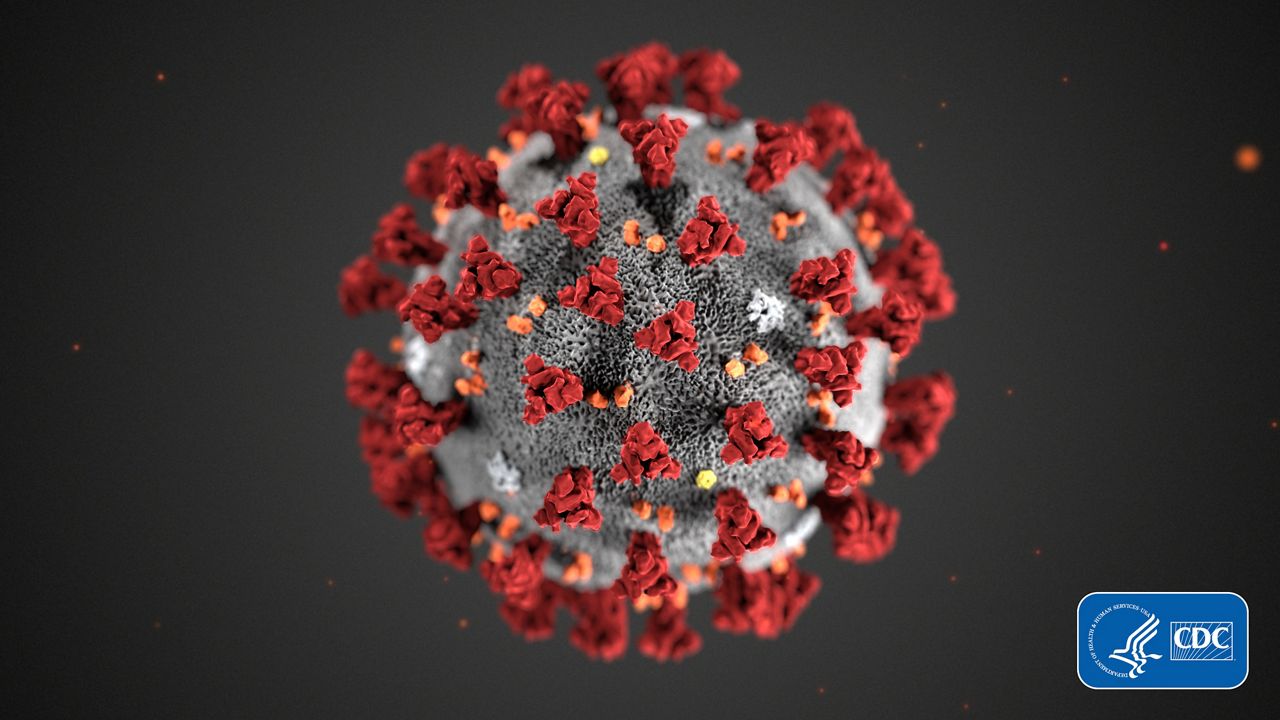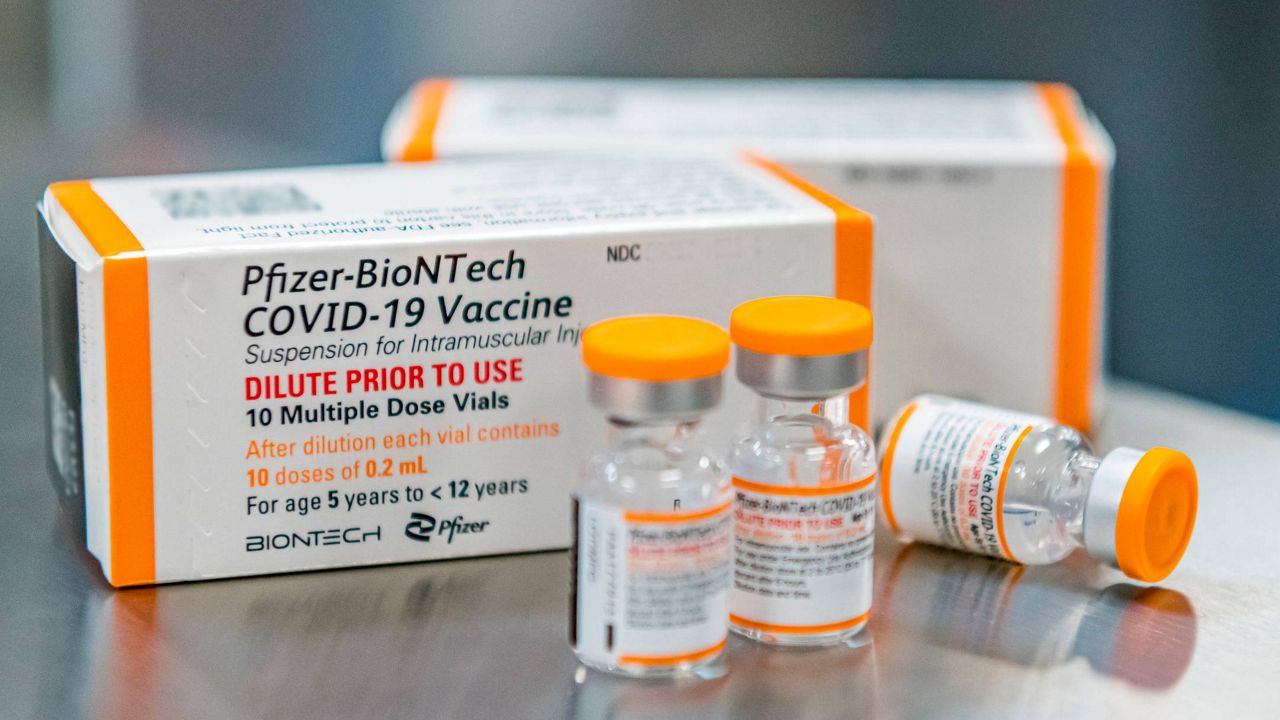Pfizer and BioNTech’s clinical trial found a booster shot of their COVID-19 vaccine is 95.6% effective against disease, the companies said Thursday.
What You Need To Know
- Pfizer and BioNTech’s clinical trial found a booster shot of their COVID-19 vaccine is 95.6% effective against disease, the companies said Thursday
- The high level of protection was recorded despite that the study was conducted as the highly transmissible delta variant remains the dominant coronavirus strain in the U.S.
- The companies plan to submit the results for peer-reviewed publication and share the data with regulators in the U.S., Europe and other agencies around the world
- The FDA granted emergency use authorization to the Pfizer booster shots last month for people ages 65 and older, younger adults with underlying medical conditions and individuals who work or live in high-risk settings
The high level of protection — roughly matching the initial efficacy of the first two shots — was recorded despite that the study was conducted as the highly transmissible delta variant remains the dominant coronavirus strain in the U.S.
The trial tracked 10,000 volunteers ages 16 and older who previously received two doses of the Pfizer vaccine — half were given an additional dose, the other half a placebo. The median time between the second dose and booster shot in the participants was about 11 months, and the median follow-up time was 2½ months.
During the study period, five people in the booster group were infected, compared to 109 in the non-boosted group.
“These results provide further evidence of the benefits of boosters as we aim to keep people well-protected against this disease,” Pfizer Chairman and CEO Albert Bourla said in a news release.
Said BioNTech CEO Dr. Ugur Sahin, “Based on these findings we believe that, in addition to broad global access to vaccines for everyone, booster vaccinations could play an important role in sustaining pandemic containment and a return to normalcy.”
The companies plan to submit the results for peer-reviewed publication and share the data with regulators in the U.S., Europe and other agencies around the world.
The study found side effects to be generally consistent with the earlier doses, and no new safety concerns were identified. Some of the side effects include injection site pain, tiredness, headache, muscle pain, nausea and, in extremely rare cases, heart inflammation.
The FDA granted emergency use authorization to the Pfizer booster shots last month for people ages 65 and older, younger adults with underlying medical conditions and individuals who work or live in high-risk settings. The additional shot can be administered at least six months after someone received their second dose.
On Wednesday, U.S. regulators authorized Moderna’s boosters on the same conditions. They also approved Johnson & Johnson booster shots two months after primary vaccination to people 18 and older.
The FDA also approved the practice of mixing-and-matching boosters, meaning someone initially vaccinated with one brand can be boosted with a different brand.
A panel of vaccine advisers to the Centers for Disease Control and Prevention and the CDC itself must weigh in before Wednesday’s FDA authorizations are finalized.
Ryan Chatelain - Digital Media Producer
Ryan Chatelain is a national news digital content producer for Spectrum News and is based in New York City. He has previously covered both news and sports for WFAN Sports Radio, CBS New York, Newsday, amNewYork and The Courier in his home state of Louisiana.








